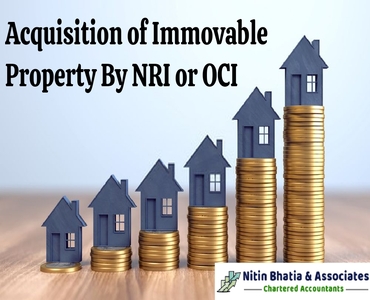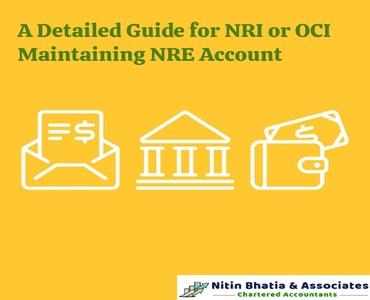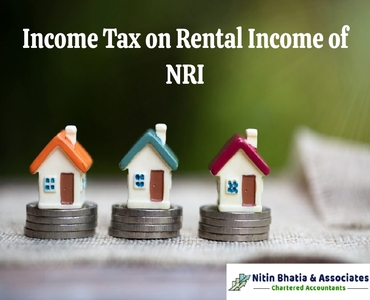Transfer of immovable property has always been a hot topic, encompassing various methods such as sale, gift, relinquishment, and extinguishment of rights. While the domestic transfer of gifts is generally permissible, gifting immovable property to or from Non-Resident Indians (NRIs) is governed by the Foreign Exchange Management Act (FEMA). This blog discusses the nuances of …
Continue reading “Gifting of Immovable Property in India to NRIs”















